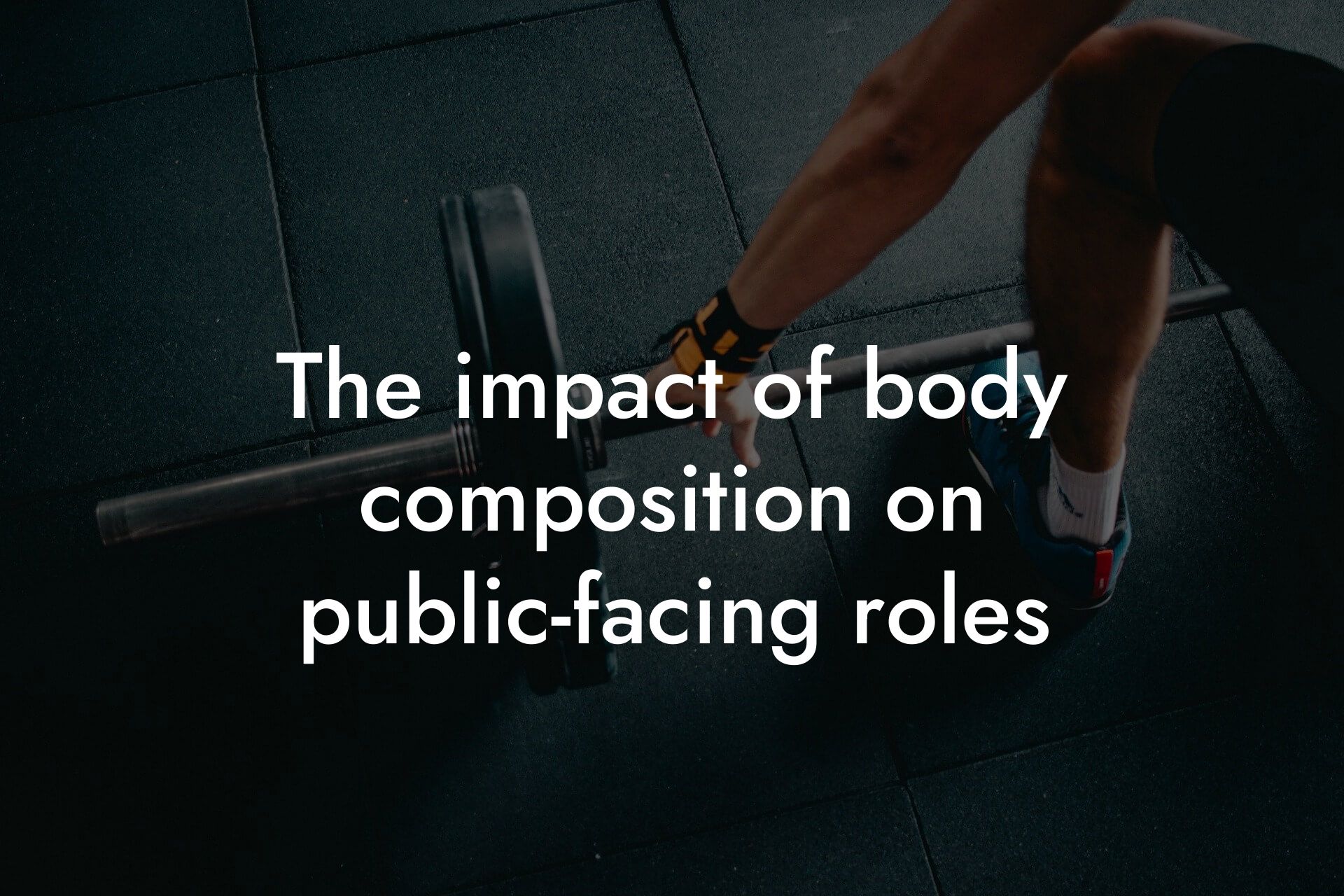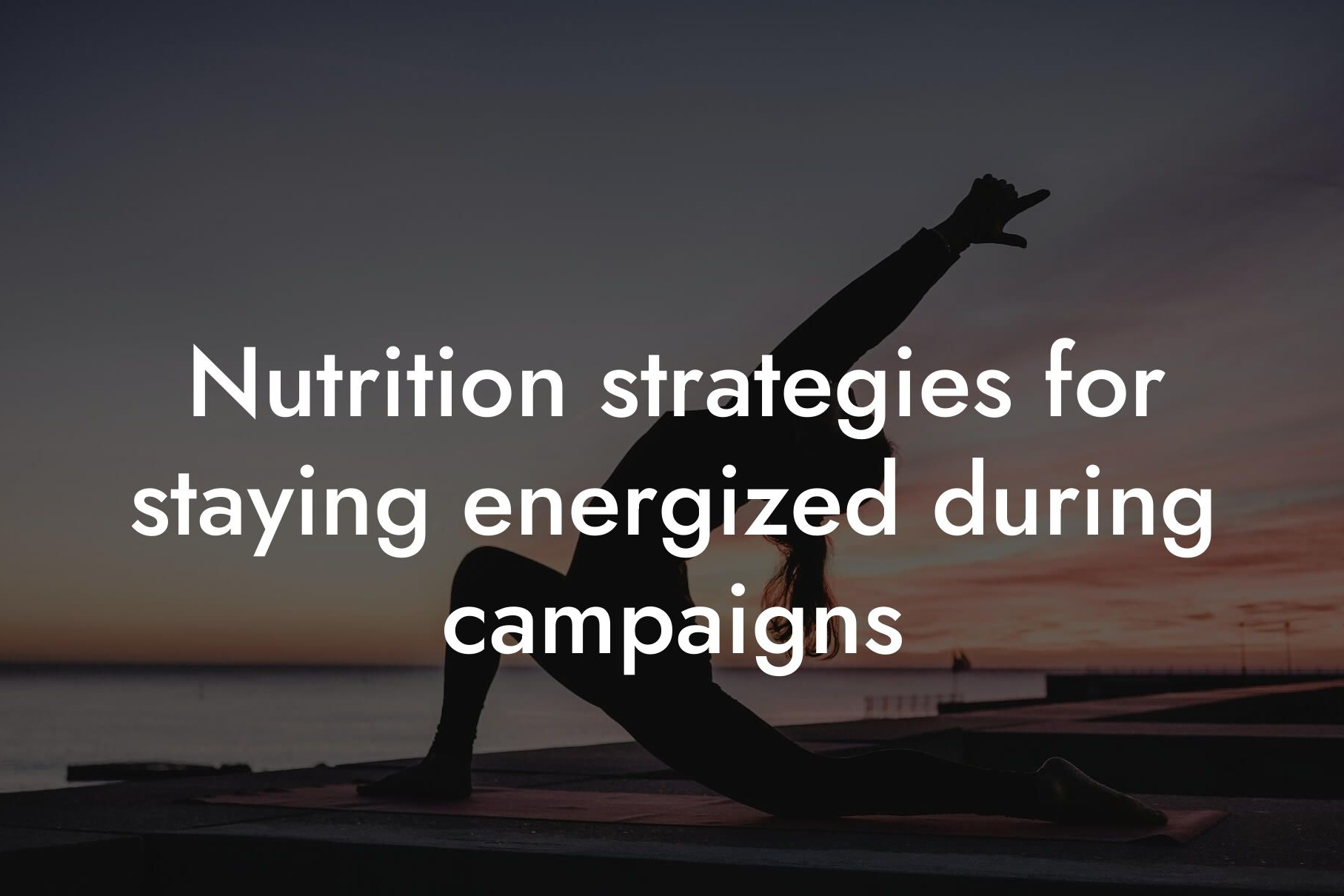As high-earning professionals, we understand the importance of effective communication in our personal and professional lives. However, have you ever stopped to think about the role that physical health plays in our ability to communicate effectively? The truth is, our physical health has a significant impact on our communication skills, and neglecting our physical well-being can lead to misunderstandings, miscommunications, and even career stagnation.
Table of Contents
- The Connection Between Physical Health and Communication
- The Impact of Physical Health on Nonverbal Communication
- The Role of Sleep in Effective Communication
- The Importance of Nutrition for Effective Communication
- The Impact of Chronic Stress on Communication
- The Benefits of Exercise for Effective Communication
- Assessing Your Physical Health for Effective Communication
- Frequently Asked Questions
The Connection Between Physical Health and Communication
Research has shown that there is a strong link between physical health and cognitive function, including communication skills. When we are physically healthy, our brains function more efficiently, and we are better able to process and retain information, think critically, and express ourselves effectively. On the other hand, poor physical health can lead to cognitive impairment, making it more difficult to communicate effectively.
For example, studies have shown that regular exercise improves blood flow to the brain, boosting cognitive function and improving memory and concentration. Similarly, a healthy diet rich in omega-3 fatty acids, antioxidants, and other essential nutrients supports brain health and function. Conversely, a diet high in processed foods, sugar, and unhealthy fats can lead to cognitive decline and impaired communication skills.
The Impact of Physical Health on Nonverbal Communication
Nonverbal communication, including body language, tone of voice, and facial expressions, accounts for a significant portion of our overall communication. However, when we are physically unhealthy, our nonverbal cues can be misinterpreted or misunderstood. For instance, fatigue, pain, or discomfort can cause us to slouch, avoid eye contact, or display other negative body language, which can be misinterpreted as lack of confidence or disinterest.
On the other hand, good physical health can enhance our nonverbal communication. For example, regular exercise can improve our posture, boost our energy levels, and reduce stress, all of which can contribute to more confident and effective nonverbal communication.
The Role of Sleep in Effective Communication
Sleep is essential for physical health, and it also plays a critical role in effective communication. When we are well-rested, we are better able to focus, think critically, and express ourselves clearly. Conversely, lack of sleep can impair our cognitive function, leading to confusion, misunderstandings, and miscommunications.
Research has shown that sleep deprivation can affect our ability to read social cues, leading to misunderstandings and miscommunications. Additionally, sleep deprivation can impair our ability to regulate our emotions, leading to increased stress, anxiety, and conflict.
The Importance of Nutrition for Effective Communication
Nutrition plays a critical role in our overall health, and it also has a significant impact on our communication skills. A diet rich in essential nutrients, including omega-3 fatty acids, antioxidants, and other vitamins and minerals, supports brain health and function, improving our ability to communicate effectively.
On the other hand, a diet high in processed foods, sugar, and unhealthy fats can lead to cognitive impairment, making it more difficult to communicate effectively. Additionally, certain nutrients, such as vitamin B12, play a critical role in the production of neurotransmitters, which are essential for effective communication.
The Impact of Chronic Stress on Communication
Chronic stress can have a significant impact on our physical health, and it also affects our communication skills. When we are stressed, our brains are in a state of hyperarousal, making it more difficult to think clearly and communicate effectively.
Chronic stress can lead to anxiety, depression, and other mental health conditions, all of which can impair our ability to communicate effectively. Additionally, chronic stress can lead to physical health problems, such as hypertension, diabetes, and cardiovascular disease, which can further impair our communication skills.
The Benefits of Exercise for Effective Communication
Regular exercise is essential for physical health, and it also has a significant impact on our communication skills. Exercise improves blood flow to the brain, boosting cognitive function and improving our ability to think critically and communicate effectively.
Exercise also reduces stress and anxiety, improving our mood and overall well-being. When we feel good physically, we are more confident and more effective communicators. Additionally, exercise can improve our self-esteem and body image, leading to more confident and assertive communication.
Assessing Your Physical Health for Effective Communication
At Tano Performance Group, we understand the importance of physical health in effective communication. That's why we offer comprehensive body assessments using our state-of-the-art DEXA machine. Our assessments provide a detailed picture of your physical health, including your body composition, bone density, and other key metrics.
By understanding your physical health, you can take steps to improve your communication skills. Whether you need to improve your diet, increase your exercise, or manage your stress, our assessments provide the insights you need to take your communication skills to the next level.
In conclusion, physical health plays a critical role in effective communication. By prioritizing our physical health, we can improve our cognitive function, enhance our nonverbal communication, and become more confident and effective communicators. Whether you're looking to improve your personal or professional relationships, prioritizing your physical health is essential for effective communication.
By understanding the connection between physical health and communication, you can take steps to improve your overall well-being and become a more effective communicator. Remember, effective communication is key to success in all areas of life, and by prioritizing your physical health, you can unlock your full potential.
Frequently Asked Questions
What is the connection between physical health and effective communication?
Research has shown that there is a strong correlation between physical health and effective communication. When our physical health is optimal, our brain function, mood, and energy levels are improved, enabling us to communicate more effectively. On the other hand, poor physical health can lead to fatigue, decreased cognitive function, and a weakened ability to express ourselves clearly.
How does exercise impact communication skills?
Regular exercise has been shown to improve communication skills by increasing blood flow to the brain, boosting cognitive function, and enhancing overall mental clarity. Exercise also reduces stress and anxiety, making it easier to articulate thoughts and feelings in a clear and concise manner.
What role does nutrition play in effective communication?
A well-balanced diet rich in essential nutrients, vitamins, and minerals is essential for optimal brain function, which in turn supports effective communication. A diet high in processed foods, sugar, and unhealthy fats can lead to decreased cognitive function, fatigue, and poor communication skills.
How does sleep affect communication?
Sleep plays a critical role in communication as it allows our brain to consolidate memories, process information, and recharge for the next day. Lack of sleep can lead to decreased cognitive function, impaired memory, and difficulty articulating thoughts and feelings.
What is the impact of chronic stress on communication?
Chronic stress can significantly impair communication skills by reducing cognitive function, increasing anxiety, and making it difficult to articulate thoughts and feelings. Prolonged stress can also lead to burnout, further exacerbating communication challenges.
How can body language impact effective communication?
Body language plays a significant role in communication, with nonverbal cues such as posture, facial expressions, and eye contact conveying just as much information as spoken words. When our physical health is optimal, our body language is more confident, open, and receptive, facilitating more effective communication.
What is the relationship between bone density and communication?
While bone density may seem unrelated to communication, research suggests that there is a link between osteoporosis and cognitive decline. Maintaining optimal bone density through exercise, nutrition, and lifestyle habits can support overall brain health and, in turn, effective communication.
Can physical health issues affect confidence in communication?
Yes, physical health issues can significantly impact confidence in communication. When we are struggling with physical health challenges, we may feel self-conscious, anxious, or embarrassed, leading to decreased confidence in our ability to communicate effectively.
How does physical appearance impact communication?
While physical appearance should not define our worth or abilities, it can impact how others perceive us and how we perceive ourselves. When we feel confident in our physical appearance, we are more likely to communicate effectively and assertively.
What role does hydration play in effective communication?
Hydration is essential for optimal brain function, which is critical for effective communication. Dehydration can lead to decreased cognitive function, fatigue, and difficulty articulating thoughts and feelings.
How can physical activity improve verbal communication skills?
Physical activity has been shown to improve verbal communication skills by increasing blood flow to the brain, boosting cognitive function, and enhancing overall mental clarity. Exercise also reduces stress and anxiety, making it easier to articulate thoughts and feelings in a clear and concise manner.
What is the impact of physical health on nonverbal communication?
Physical health can significantly impact nonverbal communication, with physical cues such as posture, facial expressions, and eye contact conveying information about our mood, energy levels, and overall well-being.
Can physical health issues affect our ability to listen actively?
Yes, physical health issues can affect our ability to listen actively. When we are struggling with physical health challenges, we may be distracted, fatigued, or in pain, making it difficult to focus and engage in active listening.
How does physical health impact our ability to articulate thoughts and feelings?
Physical health can significantly impact our ability to articulate thoughts and feelings. When our physical health is optimal, our brain function, mood, and energy levels are improved, enabling us to express ourselves more clearly and effectively.
What role does physical health play in conflict resolution?
Physical health can play a significant role in conflict resolution by impacting our ability to communicate effectively, manage stress, and regulate our emotions. When our physical health is optimal, we are better equipped to navigate conflicts in a calm, rational, and respectful manner.
Can physical health issues affect our ability to build strong relationships?
Yes, physical health issues can affect our ability to build strong relationships. When we are struggling with physical health challenges, we may be less able to engage in social activities, communicate effectively, or empathize with others, making it more challenging to build and maintain strong relationships.
How does physical health impact our ability to adapt to change?
Physical health can significantly impact our ability to adapt to change by affecting our resilience, stress management, and overall well-being. When our physical health is optimal, we are better equipped to adapt to changing circumstances and navigate uncertainty with confidence and clarity.
What is the relationship between physical health and emotional intelligence?
There is a strong correlation between physical health and emotional intelligence. When our physical health is optimal, we are better able to recognize, understand, and manage our emotions, leading to improved emotional intelligence and more effective communication.
Can physical health issues affect our ability to communicate assertively?
Yes, physical health issues can affect our ability to communicate assertively. When we are struggling with physical health challenges, we may feel less confident, more anxious, or more fatigued, making it more difficult to communicate assertively and express our needs and boundaries clearly.
How does physical health impact our ability to empathize with others?
Physical health can significantly impact our ability to empathize with others. When our physical health is optimal, we are better able to understand and connect with others on an emotional level, leading to more effective communication and stronger relationships.
What role does physical health play in building trust in relationships?
Physical health can play a significant role in building trust in relationships by impacting our ability to communicate effectively, follow through on commitments, and demonstrate empathy and understanding. When our physical health is optimal, we are better equipped to build and maintain trust with others.
Can physical health issues affect our ability to communicate effectively in high-pressure situations?
Yes, physical health issues can affect our ability to communicate effectively in high-pressure situations. When we are struggling with physical health challenges, we may be more prone to anxiety, stress, or fatigue, making it more difficult to communicate clearly and effectively in high-stakes situations.
How does physical health impact our overall well-being and quality of life?
Physical health has a profound impact on our overall well-being and quality of life. When our physical health is optimal, we are more likely to experience improved mood, increased energy, and enhanced cognitive function, leading to a better overall quality of life and more effective communication.
Here are some related articles you might love...
- The impact of body composition on public-facing roles
- How PR professionals can stay fit during event-heavy schedules
- Nutrition strategies for staying energized during campaigns
- Balancing client demands with personal fitness in marketing
- How DEXA scans can benefit PR and marketing professionals
- The importance of fitness in a highly social career
- Quick workouts for marketing professionals on the go
- Managing stress through physical fitness in PR roles
- How to maintain a fit appearance during public events
Zak Faulkner
Zak Faulkner is a leading authority in the realm of physical health and body composition analysis, with over 15 years of experience helping professionals optimise their fitness and well-being. As one the experts behind Tano Performance Group, Zak has dedicated his career to providing in-depth, science-backed insights that empower clients to elevate their physical performance and overall health.
With extensive knowledge of DEXA technology, Zak specializes in delivering comprehensive body assessments that offer precise data on body fat, muscle mass, bone density, and overall physique. His expertise enables individuals to make informed decisions and achieve their fitness goals with accuracy and confidence. Zak’s approach is rooted in a deep understanding of human physiology, combined with a passion for helping clients unlock their full potential through personalised strategies.
Over the years, Zak has earned a reputation for his commitment to excellence, precision, and client-focused service. His guidance is trusted by top professionals who demand the best when it comes to their health. Whether advising on fitness programs, nutritional strategies, or long-term wellness plans, Zak Faulkner’s insights are a valuable resource for anyone serious about taking their health and fitness to the next level.
At Tano Performance Group, Zak continues to lead our Content Team revolutionising how professionals approach their physical health, offering unparalleled expertise that drives real results.




